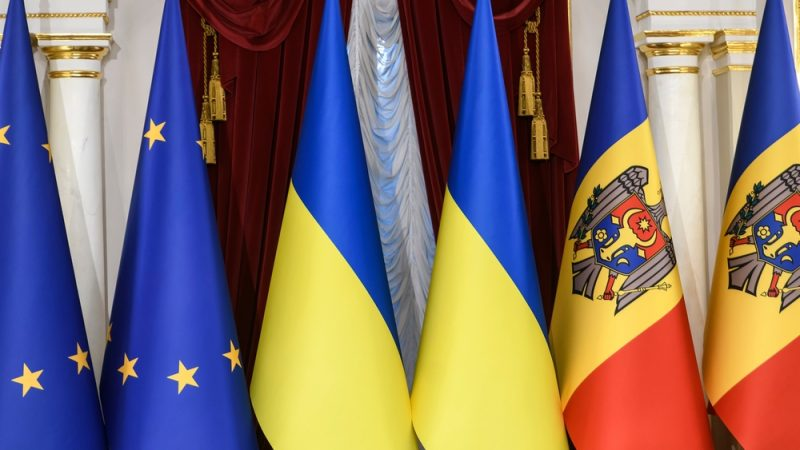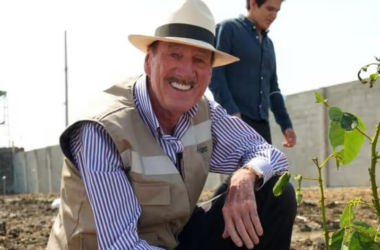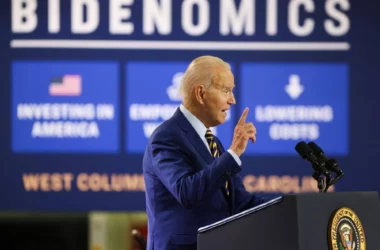Ukraine and Moldova are set to officially launch membership negotiations with the European Union, marking a significant step toward integrating with the 27-nation bloc. For Ukraine, this moment is seen as the realization of a long-held political aspiration.
On Tuesday, Ukrainian Deputy Prime Minister Olga Stefanishyna, responsible for European and Euro-Atlantic integration, will head Ukraine’s delegation at an intergovernmental conference in Luxembourg. This meeting will inaugurate the process of aligning Ukraine’s laws and standards with those of the EU.
Later the same day, Moldova will participate in a separate intergovernmental conference to officially start its own accession process. Both countries applied for EU membership shortly after the conflict with Russia began in February 2022, and were granted candidate status by June of that year. However, the path to full membership remains long and fraught with complexities.
For Ukraine, Eurointegration was a significant but rather controversial geopolitical goal since the late 1990s. President Volodymyr Zelenskyy expressed that generations of Ukrainians are now seeing their European aspirations materialize. In a social media post following the EU’s agreement to open negotiations, Zelenskyy stated, “Generations of our people are realizing their European dream. Ukraine is returning to Europe.”
The start of the talks is a significant gesture of EU solidarity with Ukraine, supplementing the substantial financial support already provided. It also underscores the EU’s backing of Moldova.
While the talks mark an important milestone, the actual negotiations are expected to take several months to begin in earnest. Candidate countries must align their laws and standards with those of the EU across 35 policy areas, known as chapters. These range from free movement of goods and environmental policies to judicial rights and security. Each chapter must be unanimously opened and closed by all EU member states, allowing for considerable scrutiny and potential delays.
Ukraine’s accession, if successful, would have profound implications. As the largest country in the EU by area, it would shift the bloc’s center of gravity eastward. Ukraine’s significant agricultural output could also impact EU agriculture policies. Ukraine aims to complete the accession process by 2030, but this timeline depends on the successful implementation of numerous institutional and legal reforms, with hard pressed anti-corruption measures being a top priority.
Moldova, like Ukraine, seeks closer integration with the. The launch of talks for Moldova is a step towards stabilizing its political landscape and aligning more closely with European norms and standards.
The initiation of membership talks for Ukraine and Moldova comes at a time when the EU is re-engaging with the prospect of expansion. The bloc has ongoing negotiations with several other countries, including Albania, Bosnia and Herzegovina, Georgia, Montenegro, North Macedonia, Serbia, and Turkey. These nations have been in varying stages of the accession process, some for many years, and have noted Ukraine’s rapid progress with a degree of frustration.
Turkey’s protracted accession negotiations, lasting almost two decades without resolution, illustrate the potential length and complexity of the process for Ukraine and Moldova.
As Ukraine and Moldova embark on this new chapter, obtaining EU membership will require sustained efforts in governance, legal reforms, and meeting the stringent criteria set by the EU. The beginning of these accession negotiations hover reflect the EU’s broader strategy of expansion.








